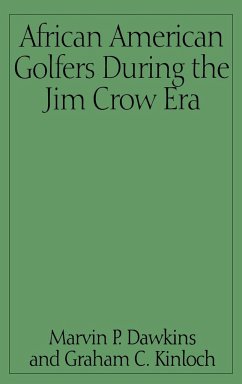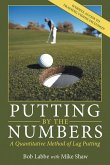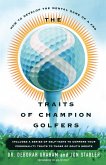Throughout the period of legally supported segregation in the United States, practices of racial discrimination, touching every sector of American life, prevented African Americans from participating formally in professional sports. Jim Crow policies remained in place in baseball, football, and basketball until a few years before the Supreme Court struck down the separate but equal doctrine in 1954. By the late 1950s, the African American presence was felt in major sports. But this was not the case in professional golf, which continued to maintain segregation policies perpetuating the stereotype that African Americans were suited only to caddie roles in support of white players. The Professional Golfers Association, unaffected by the 1954 Brown decision since it was a private organization, maintained a Caucasian only membership clause until 1961. All-white private clubs maintained racial exclusion until the PGA Championship Shoal Creek Country Club Affair in 1990. Using black newspapers, archives, interviews with living professional golfers and other informants, and black club records, Dawkins and Kinloch reconstruct the world of segregated African American golf from the 1890s onward. In the process they show the pivotal role of Joe Louis, who claimed his hardest fight was the one against segregated golf. While others have documented the rise of an African American presence in other sports, no comparable efforts have traced their roles in golf. This is a pioneering work that will be a resource for other writers and researchers and all who are interested in Black life in American society and sports.
Hinweis: Dieser Artikel kann nur an eine deutsche Lieferadresse ausgeliefert werden.
Hinweis: Dieser Artikel kann nur an eine deutsche Lieferadresse ausgeliefert werden.








